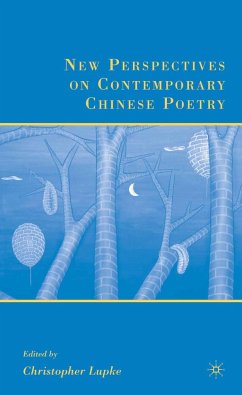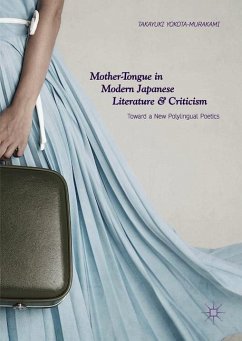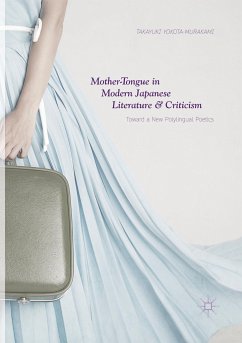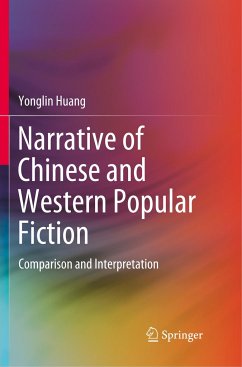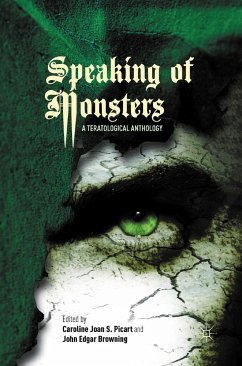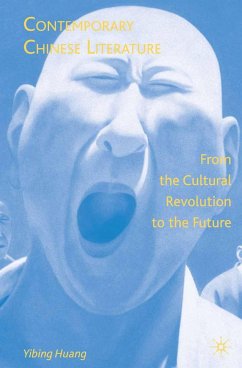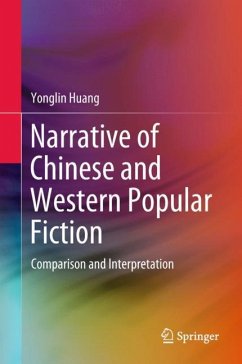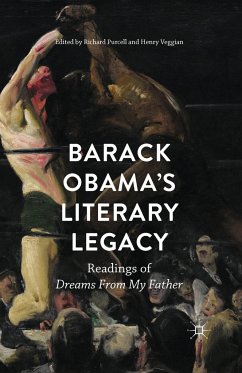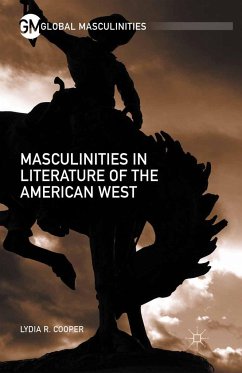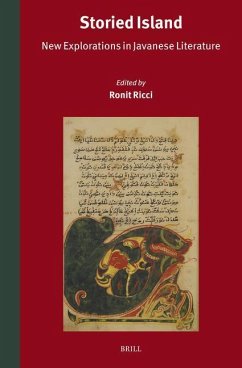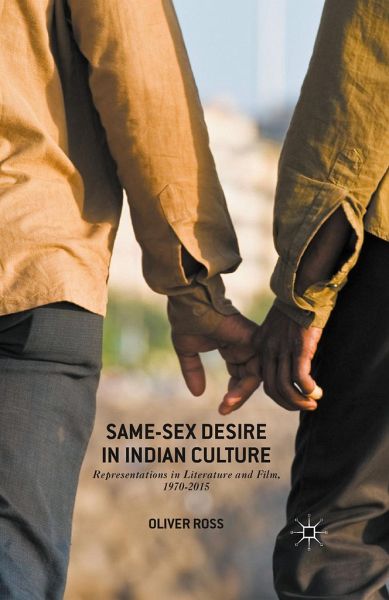
Same-Sex Desire in Indian Culture
Representations in Literature and Film, 1970-2015
Versandkostenfrei!
Versandfertig in 6-10 Tagen
38,99 €
inkl. MwSt.
Weitere Ausgaben:

PAYBACK Punkte
19 °P sammeln!
This book explores representations of same-sex desire in Indian literature and film from the 1970s to the present. Through a detailed analysis of poetry and prose by authors like Vikram Seth, Kamala Das, and Neel Mukherjee, and films from Bollywood and beyond, including Onir's My Brother Nikhil and Deepa Mehta's Fire, Oliver Ross argues that an initially Euro-American "homosexuality" with its connotations of an essential psychosexual orientation, is reinvented as it overlaps with different elements of Indian culture. Dismantling the popular belief that vocal gay and lesbian politics exist in c...
This book explores representations of same-sex desire in Indian literature and film from the 1970s to the present. Through a detailed analysis of poetry and prose by authors like Vikram Seth, Kamala Das, and Neel Mukherjee, and films from Bollywood and beyond, including Onir's My Brother Nikhil and Deepa Mehta's Fire, Oliver Ross argues that an initially Euro-American "homosexuality" with its connotations of an essential psychosexual orientation, is reinvented as it overlaps with different elements of Indian culture. Dismantling the popular belief that vocal gay and lesbian politics exist in contradistinction to a sexually "conservative" India, this book locates numerous alternative practices and identities of same-sex desire in Indian history and modernity. Indeed, many of these survived British colonialism, with its importation of ideas of sexual pathology and perversity, in changed or codified forms, and they are often inflected by gay and lesbian identities in thepresent. In this account, Oliver Ross challenges the preconception that, in the contemporary world, a grand narrative of sexuality circulates globally and erases all pre-existing narratives and embodiments of sexual desire.



